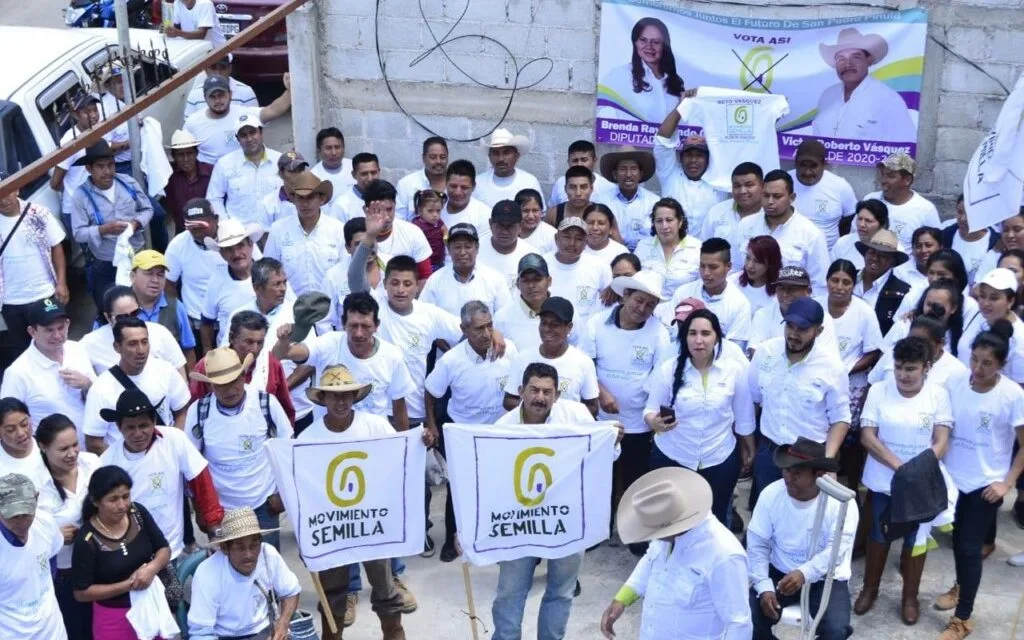For six days, thousands have protested in Guatemala City against actions targeting the Movimiento Semilla party.
The Supreme Electoral Tribunal (TSE) initiated the controversy. They seized ballot boxes and election papers last Monday, fueling the protests.
Prosecutors Consuelo Porras and Rafael Curruchiche are behind the legal case. They claim the party engaged in election irregularities.
Judge Fredy Orellana formalized the allegations.
The TSE added to the tension recently. Initially, they had dismissed all charges against the party.
Yet, they now suggest extending the current election period, which ends on October 31.
Such an extension would allow for more legal challenges to the election results. Reports hint this shift may be due to pressure from losing parties.

President-elect Bernardo Arévalo and his party are sounding alarms. They say these actions are attempts to undermine the election outcome.
In response, Arévalo states that the protests are a democratic expression, not a threat to democracy.
Lastly, the Organization of American States (OAS) is getting involved. They support the claims of a potential coup in Guatemala.
A special OAS session is planned to discuss the situation. OAS Secretary-General Luis Almagro says further action is possible, including sanctions.
Background Guatemala Protests
For six days, thousands have protested in Guatemala City against actions targeting the Movimiento Semilla party.
In a broader context, Guatemala is not alone in facing political tensions and protests.
Many Latin American countries, like Venezuela and Nicaragua, have also seen upheaval.
Internationally, movements like the Arab Spring and Hong Kong protests show a global trend. Citizens worldwide are increasingly voicing their concerns.
Interestingly, the OAS’s involvement in Guatemala parallels its actions in other countries.
For example, it played a role in monitoring the 2020 Bolivia elections. Such international oversight often sparks debates about sovereignty and intervention.
Comparatively, the Guatemala situation highlights the power dynamics between institutions and citizens.
It serves as another chapter in the ongoing narrative of global civil unrest. Both locally and internationally, these developments question the resilience of democratic systems.

